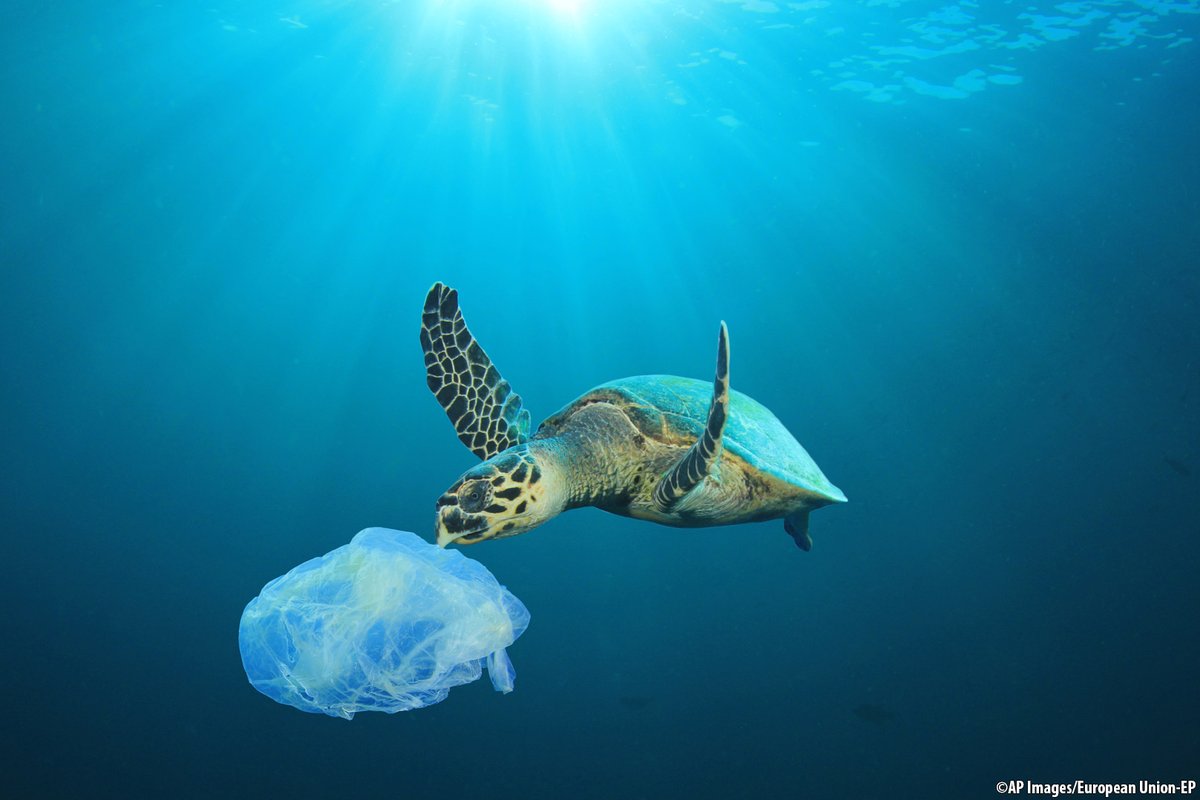Goals and Scope
The event assessed the potential of science and technology to address the mounting global plastic challenge. The workshop brought together experts investigating the sources of plastics in the ocean and scientists and engineers focusing on existing and new observation technologies to detect and quantify plastics in the ocean. The outcome includes recommendations to major institutions and funding agencies for future technology initiatives.
Recognising targets for ocean plastic and related indicators, the workshop examined observation techniques and their potential for deployment. Indeed, UN Environment is interested in finding support for their efforts on developing the methodology for monitoring marine debris along with producing some test cases (indicator 14.1.1 “Index of coastal eutrophication and floating plastic debris density” of SDG 14). Considering the amount of plastic already present, there is an immediate need to explore downstream solutions for assessing the sources and presence of plastics. Likewise, technologies are urgently needed to detect plastics in the ocean through a range of observation means (underwater, satellite-borne, in situ, ... sensors), to perform quantitative as well as qualitative measurements, and to track the circulation of plastics in the ocean and at the coastal level.
An increasing number of experts and leading societal thinkers see plastic pollution in the ocean and on land as a threat to our future comparable to climate change, land use changes, and species extinction. Science and technology can quantify the extent of plastic pollution and understand the impact of reducing the stock of plastics in the ocean. The workshop delivered recommendations through a technology roadmap.

See more pictures of plastics pollution here ...
|

Participation
The workshop brought together social agents engaged in assessing and reducing the impacts of plastics in the ocean with experts assessing the sources of plastics in the ocean and scientists and developers focusing on existing and new observation technologies to detect and quantify plastics in the ocean. The meeting aimed for a joint understanding of the challenge, including the impacts of plastics on life in the ocean and feedback to life on land, including humans, and a common goal to make progress towards addressing the problem. The plastics life-cycle when in the ocean was at the center of the challenge for developing a conceptual model which then was used to look at different socio-economic and environmental scenarios to explore possible futures.
Those interested in participating in the workshop were asked to contact Rene Garello to discuss their contributions to the workshop.
Workshop Outcomes
The main outcomes of the workshop is a draft road map giving recommendations on how to facilitate comprehensive detection and quantitative mapping of amount and impacts of plastics in the oceans and to create the relevant knowledge societal decision and policy makers need to address the challenge posed by plastic to human and non-human life. This road map covers the next five years (2019-2023) and comes with a report sumarizing the workshop deliberations. The road map focuses in particular on the innovations required and feasible to improve the current state-of-the-art in monitoring plastics in the oceans and developing services for data and knowledge sharing. The road map and workshop report are currently being prepared for publication.
The workshop participants were also encouraged to submit manuscripts to the Spring 2019 Theme issue of Earthzine, which is focusing on “Ocean Plastic and Marine Debris;” see the call for manuscripts.
|



